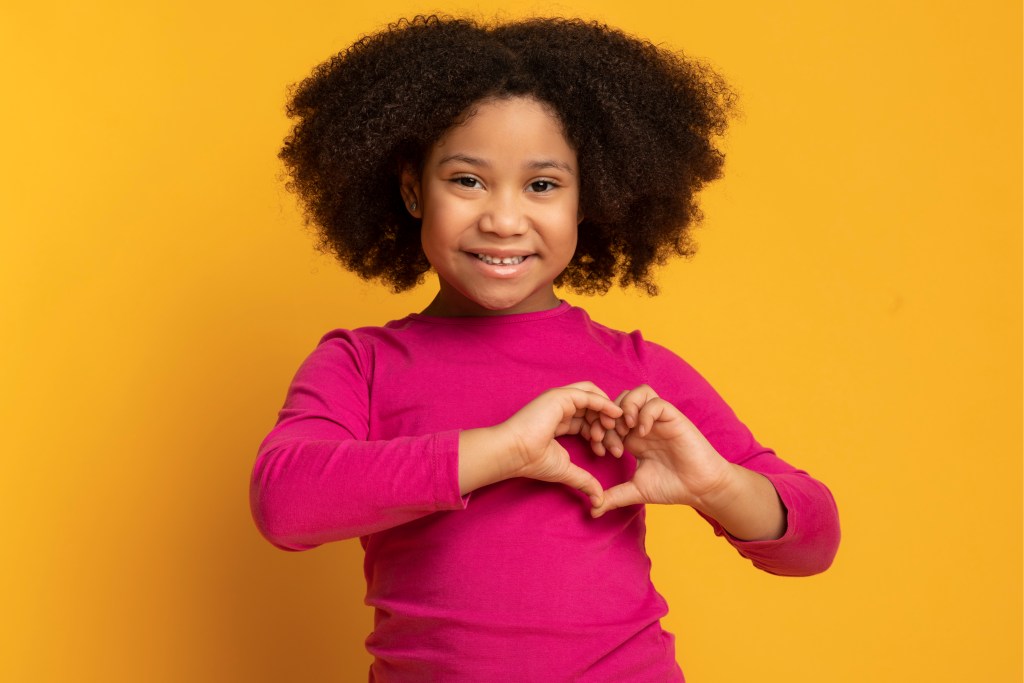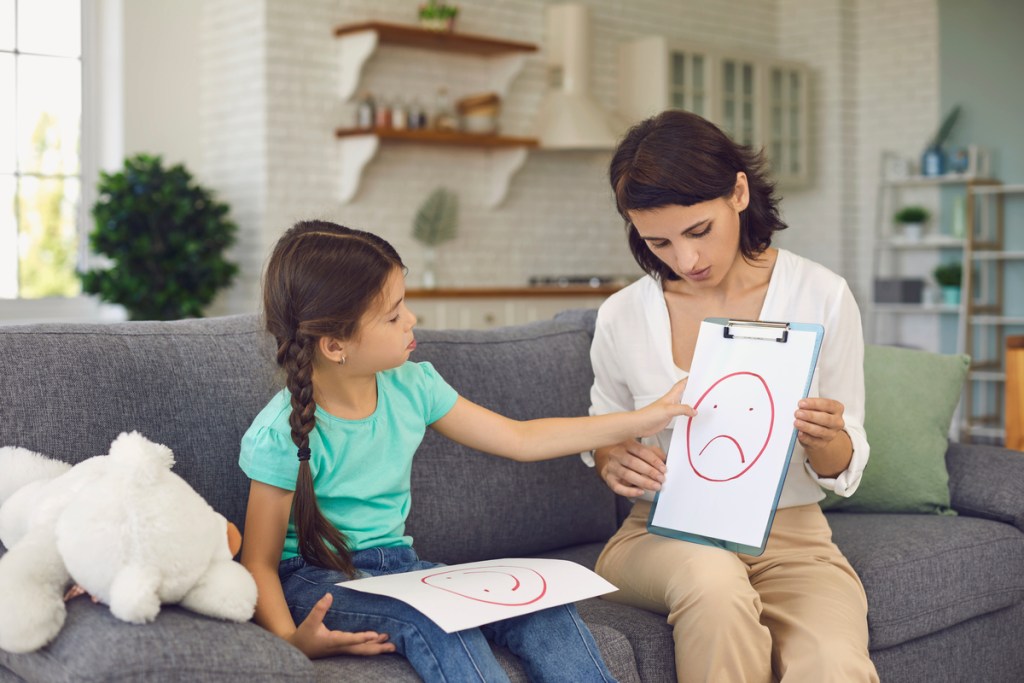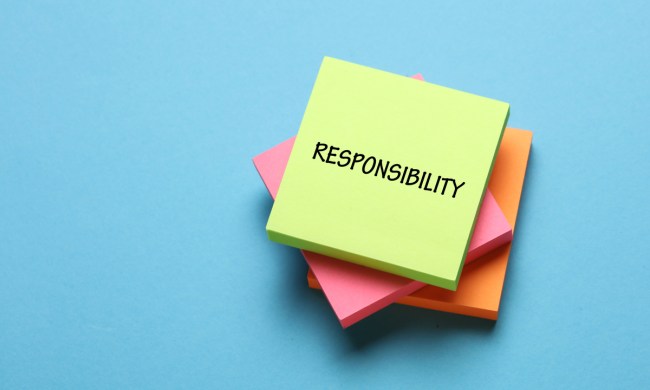Do you remember the last time you were frustrated and didn’t know how to express yourself? Or the last time you wanted someone to sympathize with your feelings? Imagine how a child must try to deal with those emotions. That’s why it’s important for a child’s transition into adulthood to understand empathy from an early age. It leads to many parents wondering how to teach kids empathy. Rest easy because teaching empathy to kids isn’t as tough as it seems.
Helping your child grasp the concept at a younger age can make them have more self-confidence as they get older. They will know how to channel their emotions properly and read other’s emotions in return. It’s never too early (or too late) to teach kids this important part of life. Let’s look at some tips on how to teach kids empathy.

Remember every child is different
Before you even try to jump in, know that each child will be different. If you have more than one kid, you’ll notice that you may have one that grasps the concept at an earlier age than another. You might find one of your kids picks up on non-verbal cues easier than other children. Each child learns and grows at their own pace. Find their level and go from there. Find what works for that child. Don’t compare children. We are all different, and that is beautiful. Tell your child that as well.
For younger kids
Teaching your younger child about empathy will look a bit more like an episode of their favorite cartoon show. They won’t understand the full range of emotions yet, but they will be able to pick up on the basics.
Use words like
- Happy
- Sad
- Angry
- Joyful
As soon as your child starts to understand that they have feelings is when you should start talking about emotions. There are some great videos your child can watch to learn the basic ones to help get you started. This one from StoryBots is a favorite for us.
For older kids
As your child gets older and realizes there are more emotions than “happy” and “sad” you should start expanding on that. We always recommend watching Inside Out with your older children. Those more complicated emotions of frustration, disgust, amusement, interest, and hope can be confusing to a developing child. That movie explains it beautifully.

Stay away from certain phrases
It’s so easy to tell a child “it’s fine” or “you’re ok” or “don’t worry about it” to try to downplay what happened. But when we say that we are teaching the child that their feelings don’t matter. We say they shouldn’t worry about them.
Even the smallest emotion should be addressed and acknowledged. A toddler being told there’s no reason to throw a fit isn’t going to help them understand why they were upset in the first place. A toddler being told that it’s okay to be upset and they are in a safe place to do so will respond better than being told to knock it off.
Model the way
Monkey see, monkey do, indeed. Children need to see you sympathize. They need to see it in action. A child won’t believe that they need to be empathetic if they never see you being that way with others. Kids don’t miss a beat. They see what you do and hear what you say, especially when you really hope they wouldn’t.
Talk it out
A great way to learn about empathy is to speak what they feel out loud. It will help them to talk it out with themselves as they get older. It will make them a better listener to someone who needs their empathy.
Ask your children questions
- Why did you feel that way?
- How did that make you feel?
- Why do you think you felt that way?
- How would you feel if that happened to you?
Give your child honest answers to how you feel about things. Empathizing together is a beautiful way to bond. It will let your child see that adults have emotions they need to work through as well.
Negative doesn’t mean bad
We praise happy people. We love to see people joyful. That’s amazing. But we also need to know it’s okay to not be okay. We all have bad days, sad days, and angry days. You need to tell your children that is fine. They should know from a young age that it’s natural to have those emotions as well.
Just because their friend is angry or upset doesn’t mean they don’t like them. They need to know that because they feel sad doesn’t mean that they will always feel that way. If they learn healthy ways to express and deal with negative emotions right from the start, then their empathy for others will be so much stronger as they get older.

It’s always a work in progress
None of us are perfect. We make mistakes and we get it wrong, sometimes daily. Teach your children to try their best to communicate their emotions and attune themselves to what others are feeling. Teach them that they should try their hardest to be a good person to someone in need. That’s all we can really ask of each other.
Kids are so smart. They pick up on things so easily. That’s why you should start teaching your child basic emotions as early as possible. Don’t get discouraged if your child doesn’t pick up the idea right away. It could be well into early adolescence before they fully understand.
But teaching empathy to kids, or at least the groundwork of it at 2 or 3 years old, will make it so much easier for everyone as they get older. You’ll be able to grow and build your emotional capacity together, and that will be a beautiful thing.



